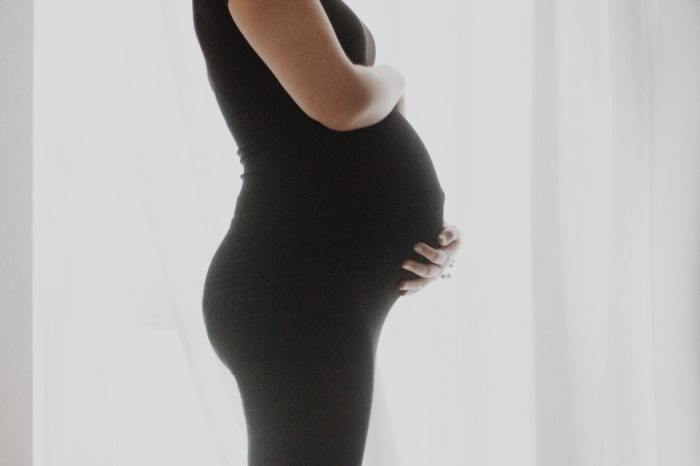Pro-life OB-GYN, researcher react to claim maternal deaths higher in states restricting abortion

A recent study that claims maternal deaths are higher in states where abortion is nearly banned or those that have gestational limits on terminating preborn babies is misleading, according to a pro-life medical professional and researcher.
The report, released Thursday by the Commonwealth Fund, a private health research foundation, evaluated states based on 32 measures, including health outcomes and access to abortion.
Researchers focused primarily on data from 2021 and 2022, and the study authors obtained their information through government-sponsored surveys and from the Advancing New Standards in Reproductive Health (ANSIRH) Abortion Facility Database. The study assessed women of reproductive age, ages 15 to 44, who died from causes related to pregnancy, substance abuse, COVID-19 or other chronic conditions.
According to the researchers, the highest rates of maternal deaths were in the Mississippi Delta, which includes Arkansas, Louisiana, Mississippi and Tennessee. The study reported that Vermont, California and Connecticut had the lowest rates of maternal deaths.
The researchers emphasized that states with the highest rates had abortion restrictions prior to the U.S. Supreme Court's 2022 decision in the Dobbs v. Jackson Women's Health Organization case in which the high court ruled that the Constitution does not contain a right to abortion. Some states have since placed further limits on abortion.
Michael New, an associate scholar at the pro-life research group Charlotte Lozier Institute, told The Christian Post that the study has a number of “methodological weaknesses,” such as the timeframe researchers analyzed in their study.
“First, the maternal mortality data that was analyzed comes from 2022. Dobbs was decided in June 2022, and many states did not start enforcing protections of preborn children until later that year,” New said. “It is pretty ridiculous to blame high maternal mortality rates on pro-life policies that were in effect for at most six months.”
The pro-life researcher also asserted that the study's authors failed to provide evidence that pro-life laws increased maternal mortality rates, saying that the researchers neglected to compare pre-Dobbs maternal mortality data with post-Dobbs maternal mortality data. All the study showed, according to New, is that some states with pro-life policies had high maternal mortality rates.
“The problem is that those states that enacted strong pro-life laws after Dobbs tended to be states with above-average poverty rates,” the pro-life researcher added. “States with high poverty rates tend to fare poorly on a number of public health metrics, including maternal mortality rates. Poverty is the cause of high maternal mortality, not pro-life laws.”
“Overall, a vast majority of the health data used in the study comes from 2022,” he continued. “Again, the analysts that wrote the study and the journalists covering the study should not be blaming poor public health outcomes on pro-life laws that were in place for about 6 months.”
Dr. Donna Harrison, director of research for the American Association of Pro-life Obstetricians and Gynecologists and a board-certified OB-GYN, also commented on the study. In a separate statement to CP, the pro-life doctor acknowledged poor maternal health as an important matter but contended that there is no proof promoting induced abortion will improve it.
The medical professional cited research The Lancet published in 2010 that analyzed maternal mortality in 181 countries from 1980 to 2008. Harrison contended that other countries tend to have better abortion reporting requirements than the U.S., adding that the research indicates regulations on abortion do not, by themselves, worsen maternal mortality.
She also cited a separate study published by PLOS One in 2012 that analyzed maternal mortality in Chile, noting that the study found the country’s pro-life laws did not impact the nation’s maternal mortality rate. In addition, Harrison pointed to European countries like Poland and Malta that are considered pro-life, highlighting research that found these places have some of the lowest maternal mortality rates.
Another study from 2022 found a sharp rise in maternal deaths in Ireland, which Harrison connected to the country’s legalization of abortion a few years prior.
“The challenges impacting our nation's maternal health are complex, and reducing this conversation to one about induced abortion does a disservice to American mothers — our patients,” the pro-life doctor said.
Samantha Kamman is a reporter for The Christian Post. She can be reached at: samantha.kamman@christianpost.com. Follow her on Twitter: @Samantha_Kamman





























